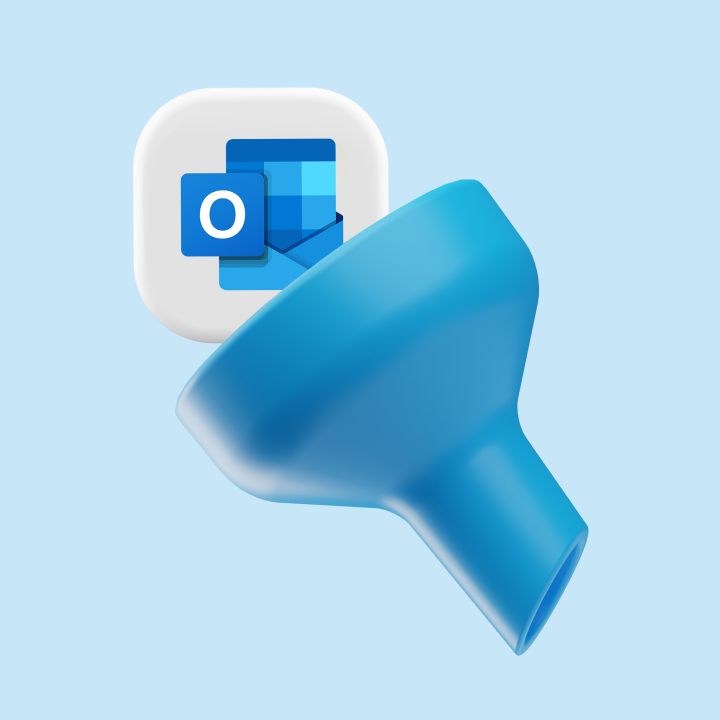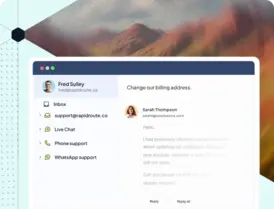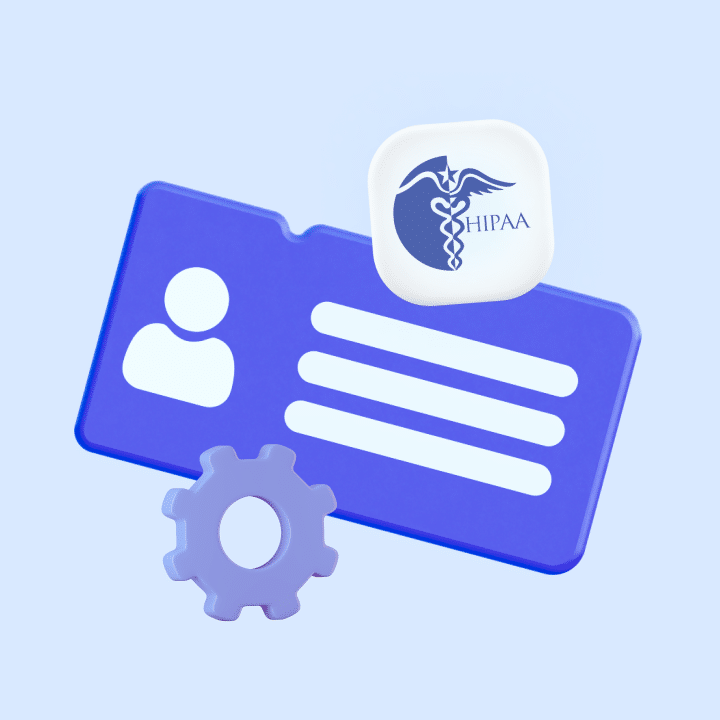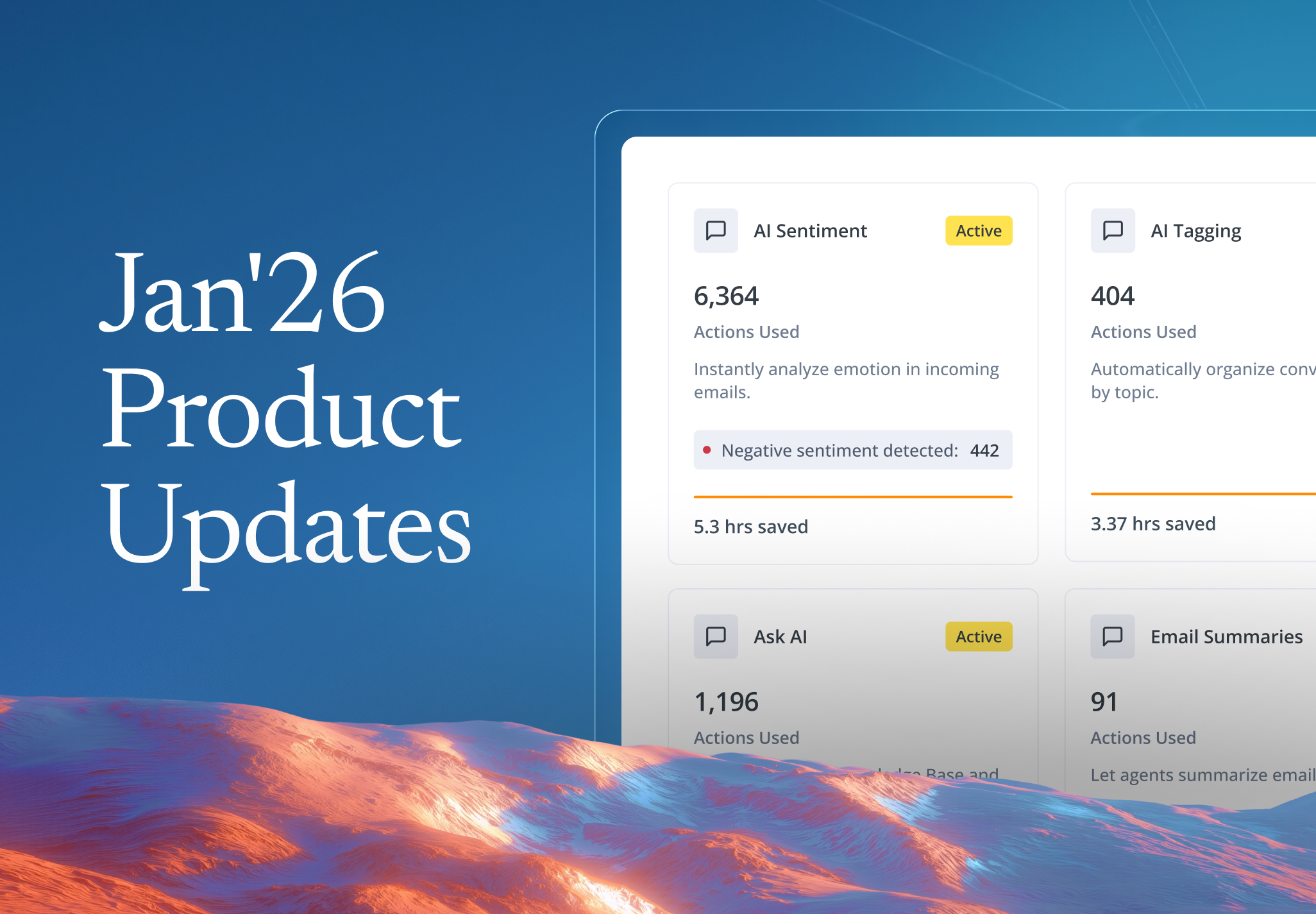Picture this: you’re rushing to finish a presentation for a critical client meeting. You need to pull up project files, emails, and feedback all at once to include in the ppt.That’s quite time-consuming, right?
But, if you use Outlook, here’s something that will help save time in such a scenario: Syncing OneDrive with Outlook. With this sync, you can have everything you need in one place, instead of juggling between apps.
You can effortlessly access and manage your files directly from your Outlook inbox, by integrating Outlook with your cloud storage.
In this guide, we’ll show you how to easily sync OneDrive with Outlook. Whether you use Outlook’s web, or desktop version, we’ve got you covered. Let’s dive in.
Table of Contents
- Why Sync OneDrive with Outlook?
- Step-by-Step Guide to Sync OneDrive with Outlook
- Tips for Optimizing OneDrive and Outlook Integration
- Conclusion
- Frequently Asked Questions (FAQs)
Why Sync OneDrive with Outlook?
Syncing OneDrive with Outlook has numerous benefits that can improve your productivity. Here’s why you should consider it:
- Easy Accessibility: No more toggling between apps. You can access emails, files, and calendars – all in one place. For example, when you’re prepping for a meeting, you can attach files directly from OneDrive without leaving Outlook.
- Streamlined Workflow: You can save time by organizing everything in one hub. For instance, when you’re replying to an email, you can instantly pull up related documents stored in OneDrive. No more digging through folders.
- Improved Collaboration: By integrating both the apps, you can share files directly from OneDrive within Outlook. Your team can access the latest versions instantly. Think about collaborating on a project proposal where everyone can see and edit the same document in real-time.
Now that we know the benefits of syncing OneDrive with Outlook, let’s understand how to do it.
[cta_block]
Step-by-Step Guide to Sync OneDrive with Outlook
This section will guide you through the process of syncing these two powerful tools across different platforms.
Here’s how to sync Outlook with OneDrive in web or desktop versions:
1. Prepare your accounts
Step 1: If you’re using Outlook’s desktop version, ensure you have the OneDrive app installed on your computer. If it’s not installed, go to the OneDrive website and click on “Download”. Follow the prompts and set up OneDrive for your desktop.

However, if you use Outlook’s web version, you can directly go to step 3
Step 2: Once OneDrive is set up, launch the Outlook desktop app on your computer. Make sure you are signed in with the same Microsoft account that you used for OneDrive.

Step 3: For the web version, sign in to your Outlook account with the Microsoft credentials.

2. Link OneDrive to Outlook
Step 4: In the web version of Outlook, go to the App Launcher (grid icon) in the top left corner. Select OneDrive from the list.

However, if you use the desktop version you can directly go to step 6.
Step 5: Log in your OneDrive account

Step 6: In the New Mail window, compose a new email, and click on the Attach button (paperclip icon) in the email toolbar.

Step 7: Choose the location to select files by clicking on “OneDrive”. This is how it looks in the web version:

And this is where you’ll find it in the desktop version:

Step 8: Now you’ll easily be able to pull in files from OneDrive. Pick the file you want to attach, customize your mail and send.

Step 9: To make sure all your attachments are in one place, save incoming email attachments to OneDrive. To do this click on the attachment, and select “Upload to OneDrive” from the dropdown menu.

And that’s all! You have successfully sync your OneDrive account to Outlook.
Recommended read: How to Sync G Suite with Microsoft Outlook
Tips for Optimizing OneDrive and Outlook Integration
Once you’ve synced OneDrive with Outlook, you can optimize this integration to get the most out of both tools.
Here are some practical tips to boost your productivity:
1. Use OneDrive for large attachments
Instead of sending large files as email attachments, upload them to OneDrive and share the link in your email. This keeps your inbox clutter-free and ensures the recipient can always access the latest version.
For example, if you want to mail a 50MB presentation to someone, just upload it to OneDrive and share the link in your email. Your recipient can view or download it without filling up their inbox.

2. Organize files and folders
Keep your OneDrive organized with a clear folder structure. Label folders by project, client, or task to make files easy to find.
For example, you can create a folder named “Client A – Project X” and subfolders for “Designs,” “Reports,” and “Meeting Notes.” This way, when you need to attach files to an email, everything is neatly categorized.

Recommended read: How to Set Up Microsoft Outlook Filters
3. Use OneDrive’s version history feature
OneDrive keeps a history of your files, so that you can restore previous versions when you need them. This is a lifesaver if you make a mistake or need to revert to an earlier draft.
For example, if a team member accidentally overwrites a crucial report, you can easily restore the previous version from OneDrive’s version history.

4. Enable offline access
Set OneDrive to keep certain files available offline. This way, you can access important documents even without an internet connection.
For example, let’s say you’re traveling for a business trip and want to work on files during your flight. You can mark essential files as available offline in OneDrive. You can work on them during your flight and sync changes once you’re online again.

5. Use OneDrive mobile app
You can install the OneDrive app on your mobile device to access and share files on the go. You can also scan documents directly into OneDrive using your phone’s camera.
For example, let’s say you need to share a signed contract while away from your desk? Use the OneDrive mobile app to upload the scanned document and share it via Outlook.

Conclusion
Syncing OneDrive with Outlook can truly simplify your workflow and boost your productivity. By keeping your files and emails connected, you’ll save time and reduce stress.
Whether you’re managing projects, collaborating with your team, or organizing your documents, this integration makes everything smoother.
Follow our guide to set up and optimize your sync, and you’ll be amazed at how much easier email management becomes in Outlook. Give it a try and see the difference for yourself!
Frequently Asked Questions (FAQs)
1. Can I sync multiple OneDrive accounts with Outlook?
You can sync multiple accounts, but each OneDrive account needs to be linked to a separate Outlook account. You can switch between accounts within the Outlook app.
2. How do I unlink OneDrive from Outlook if I no longer need the integration?
To unlink OneDrive from Outlook, go to your OneDrive settings and select the account you want to unlink. This will stop the synchronization between OneDrive and Outlook.
3. How secure is my data when syncing OneDrive with Outlook?
Microsoft provides robust security features to protect your data when syncing OneDrive with Outlook. Your files and emails are encrypted both in transit and at rest. Additionally, you can enable multi-factor authentication for added security.
4. What should I do if my OneDrive and Outlook aren’t syncing properly?
If OneDrive and Outlook aren’t syncing properly, try the following steps:
- Check your internet connection.
- Ensure you’re signed in with the correct Microsoft account.
- Update both the OneDrive and Outlook apps to the latest versions.
- Restart your device.
- If the problem persists, visit the Microsoft support page for further assistance.
 Skip to content
Skip to content











